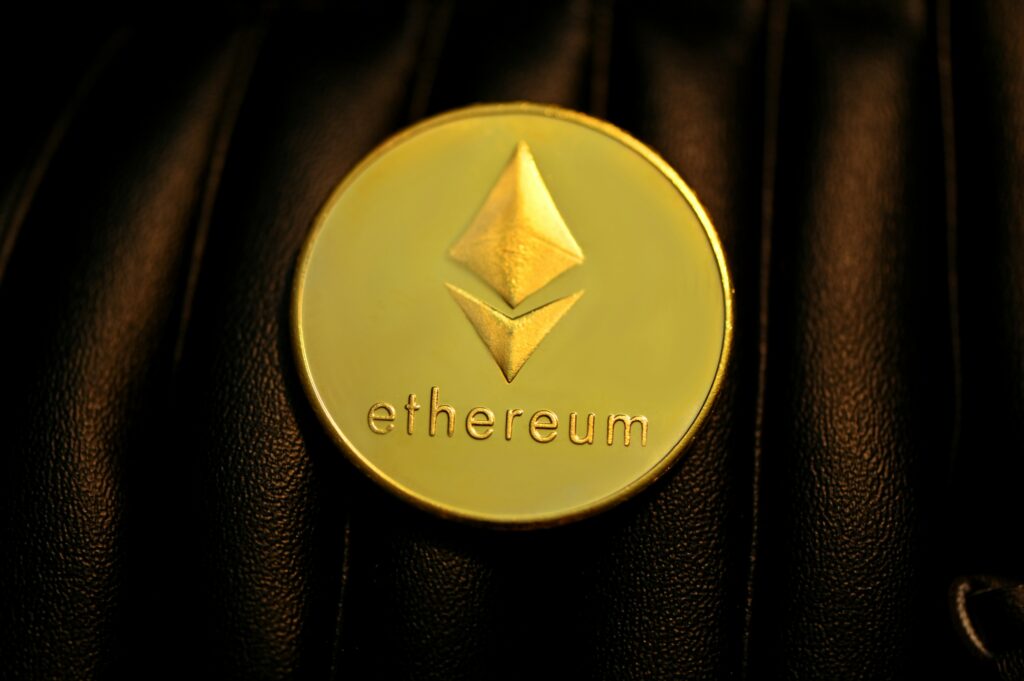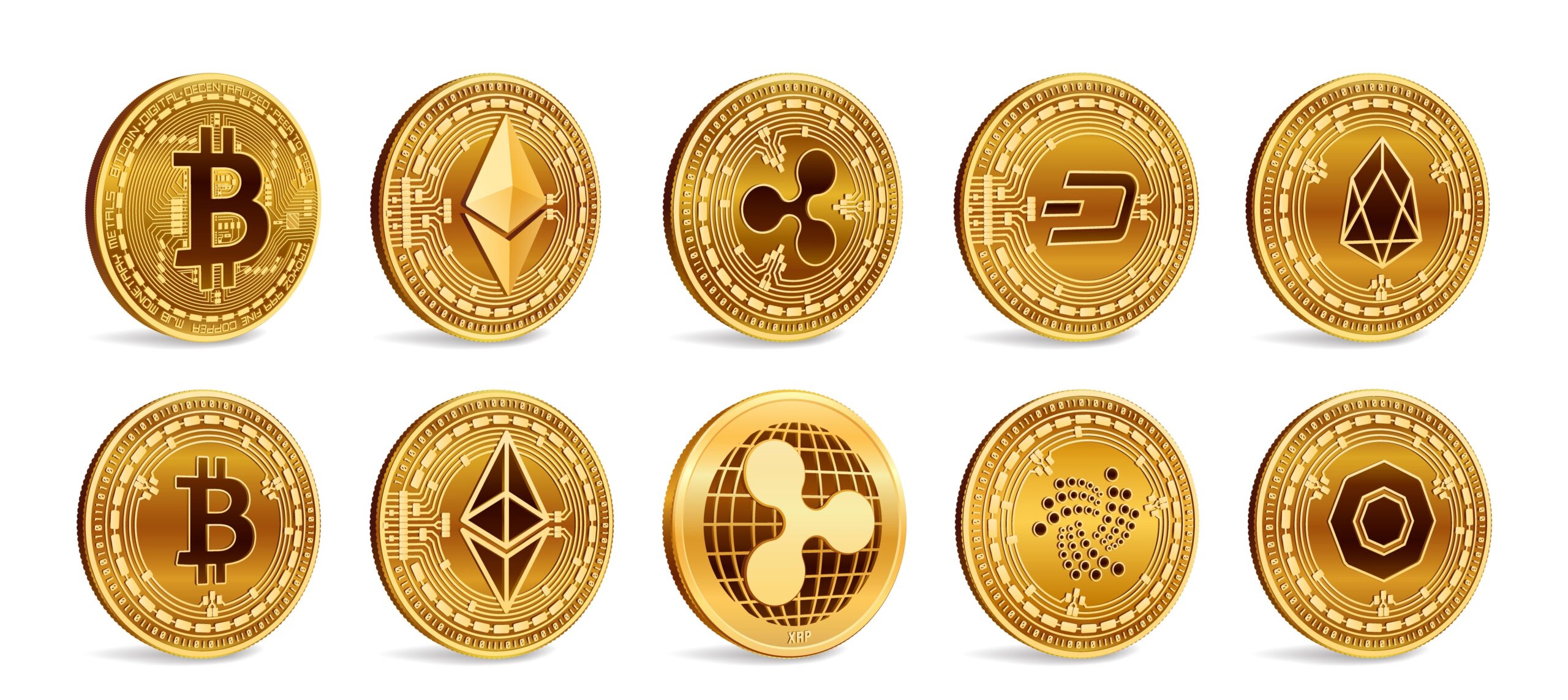Cryptocurrency for Beginners
We are living in a time where the digital asset space is exploding and cryptocurrency for beginners is becoming a main topic of conversation. Whether you’re interested in Bitcoin, Ethereum or another obscure coin, the world of Crypto can be incredibly confusing – especially if you’re new. But don’t stress — we’re going to cover everything you need to know to get started with cryptocurrency, even if you’re a complete Crypto rookie.
From what is blockchain to how to keep your crypto wallet safe, let’s journey through the world of digital coins — an intriguing and rapidly evolving area — in a way that’s as straightforward, practical and beginner-friendly as possible.
What is Cryptocurrency?
At its most general sense the term cryptocurrency refers to a type of digital or virtual currency that uses cryptography for security. Also unlike fiat, cryptocurrencies are not controlled by a single entity and are often based on blockchain, so there’s transparency and security.
Online banking is like waiting in line at the store, whereas cryptocurrency is like shopping at a store without the need to wait for inventory or the clerk to finish his or her shift, the report says. With crypto, there are no intermediaries like banks. Rather, users deal directly with one another, facilitated by open-source networks.
Why all beginners need to learn about cryptocurrency
Learning about cryptocurrency for beginners is important as it:
- Introduces a whole new kind of investment
- Instills the value of working for your own money
- Establishes a consciousness of decentralized systems.
Prevents frauds and wrong choices
Paves a way to Blockchain Opportunities for jobs
You don’t need to be a chip expert to find your way through the emerging field of technology. Or even a lay person understanding can make your drive through that world more comfortably.
How Does Cryptocurrency Work?
Cryptocurrencies operate on a decentralized ledger technology called blockchain. Each transaction is written to a block, which is connected to the one before it, forming a chain.
Here’s how it normally operates:
- You rely on a crypto wallet to send or receive coins.
- The transaction is then sent out across a network of computers (nodes).
- Then a transaction is verified by miners or validators.
- On verification it is then permanently added to the blockchain.
- It is transparent, quick and doesn’t require third-party verification.

What are the best cryptocurrency to invest in?
If you’re new to the world of cryptocurrency, you might want to get familiar with these popular options:
- Bitcoin (BTC): The original, most valuable cryptocurrency
- Ethereum (ETH): Smart contracts and decentralized apps engine
- Binance Coin (BNB): Inside the Binance platform
- Solana (SOL): High-speed, low-fee transactions are a hallmark.
- Cardano (ADA): Designed for scale and sustainability
They each have their own characteristics and purpose and, for the novice, it’s generally best to start learning with the top few before you can properly appreciate the lesser utility of the many less well known altcoins.
Creating Your Initial Crypto Wallet
Before you buy your first digital coin, you will have to get a crypto wallet. This is where your private keys are stored for managing your assets safely.
There are several types of crypto wallets:
- Hot Wallets: Online (MetaMask, Trust Wallet, etc.)
- Cold Wallets: Securely offline (such as Ledger, Trezor)
Hot wallets are beginner-friendly but always utilize two-factor authentication and back up your seed phrase.
How to Get Started Investing in Cryptocurrency
Digital currency purchasing could not be easier. Follow these beginner steps:
- Select a reputable cryptocurrency exchange (such as Coinbase, Binance, or Kraken)
- Register and pass KYC summary Go through KYC verification process to get whitelisted.
- Deposit fiat via bank & card
- Choose the coin and the quantity you would like to buy
- Move your crypto to a secure wallet
- Remember to start small. The world of cryptocurrency is no different.
- Main LSI Keywords to know about
- To learn cryptocurrency for beginners you should also try these related phrases (LSI keywords).
- Blockchain technology
- Digital currency
- Decentralized finance (DeFi)
- Crypto tokens
- Public and private keys
- Market capitalization
- Gas fees
- Smart contracts
- Mining and staking
- All of these have an impact on how cryptocurrencies operate within and interact with the digital economy.
- How Beginners Can Safely Hold Cryptocurrency
- The crypto world is a haven for fraud and cybercrime. Here’s what you can do to protect yourself:
- Private keys and seed phrases are your prime responsibility! Never hand them out to anyone.”
- Do not click on suspect links and do not join unknown Telegram groups
- For large holdings, go for hardware wallets
- Turn on two-factor authentication for exchanges
- Verify URLs before logging in
- Avoid ‘Get rich quick’ scams
- Your best protection is to educate yourself.
- Mistakes That Beginners Make And Should Avoid
- The excitement of beginning a crypto journey, JP says, can make newbies susceptible to pitfalls. Be cautious of the following:
- Investing without research
- Never leave funds on an exchange
- Following the buzz not the fundamentals
- Ignoring fees when trading
- Forgetting to back up wallet recovery phrases
- Invest with patience and over the long term.
What Role for Cryptocurrencies in the Future of Banking?
Cryptocurrency is changing how the world thinks about money. Remittances, micro payments, smart contracts, NFTs — digital currencies are breaking new ground.
The distinction between traditional banking and digital innovation is also being eroded by central banks and corporations, which are exploring CBDCs (Central Bank Digital Currencies).
Keep up on today and be ahead of tomorrow finances.
Final Verdict: Make Your First Confident Step in Crypto
The basics of cryptocurrency for the newbie need not be scary. Begin with some basics, study the top coins, protect your wallet, approach the market with curiosity and caution.
Digital money is never going away and the sooner you get educated, the sooner you can take advantage of opportunities that lay ahead. Keep up to date, broaden your knowledge and remember — the most valuable currency in your portfolio is education.
Cryptocurrency for Dummies: The Top 10 Things You Need to Know!
Which is the best cryptocurrency for making an investment for beginners?
The preferred starting points, however, are Bitcoin and Ethereum, which have the highest market cap and a strong community.
Is cryptocurrency legal?
In most countries, yes — although regulations differ. Make sure you check out your local laws before investing.
Do I have to spend a lot of money to get started?
No, you can begin with just a small amount of money. Partial purchases are possible on most exchanges.
What is a blockchain?
A blockchain is a trusted digital ledger that records transactions in a secure, transparent and immutable manner.
Can my investment in cryptocurrency go to zero?
There risks: Yes, as with any investment, there are risks. Prices can be volatile and you should do your homework.
How do I keep my crypto safe?
Keep your coins in a secure wallet, activate 2-factor authentication, never provide your private keys.
How do coins differ from tokens?
Coins have their own independent blockchain, and tokens use other blockchains that already exist, such as Ethereum.
Is cryptocurrency taxable?
In many jurisdictions, yes. It’s an asset, and someone who has it can be liable to pay capital gains tax.
“Staking” is doing what in cryptocurrency?
Staking is when you “lock up” your coins to help run a blockchain network, and you get rewarded in return.
How do I get into crypto?
Keep up to date with respected blogs, YouTube channels, and forums. Remember to cross-check information and remain skeptical of hype.

